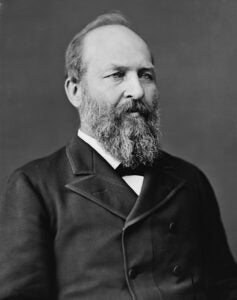Chapter 2 – Public Service Through History
2.5 Modern Democracies & Institutionalizing Public Service
In the 19th and 20th centuries, public service became more institutionalized with the development of professional public administration practices. Governments began to establish bureaucracies—organized systems of administration consisting of various departments and agencies responsible for implementing laws and policies—and civil services, which are bodies of government employees hired based on merit to perform public duties.
Key milestones during this period include the creation of the civil service system in the United Kingdom with the Northcote-Trevelyan Report of 1854, which recommended hiring civil servants based on merit rather than patronage. Patronage refers to the practice of appointing individuals to government positions based on their political connections or loyalty rather than their qualifications or ability. This system often led to inefficiency and corruption because unqualified individuals were given positions of power and influence, which prioritized personal gain over the public good. You’ll learn more about corruption in the next section.
The Pendleton Act in the United States in 1883 was another critical step in establishing a merit-based system for federal employment, moving away from the patronage system.
The Pendleton Act was passed to address widespread corruption and inefficiency in the federal government caused by the spoils system. The assassination of President James A. Garfield in 1881 by a disgruntled office seeker highlighted the dangers of this system and increased public demand for reform.
Ohio Facts
President James A. Garfield, the 20th president of the United States, was born in Moreland Hills, Ohio and later made his home in Mentor, Ohio. His house in Mentor is now a National Historic Site that you can visit.

Before becoming president, he served as a Civil War general and a member of Congress, where he was known for his strong speeches and dedication to civil rights. His presidency was tragically cut short when he was assassinated in 1881, just months after taking office.
These reforms in the United Kingdom and the United States were partly a response to the failures of previous systems that prioritized personal gain over the public good. As governments became more complex and the needs of citizens more diverse, it became clear that a professional, merit-based approach to public service was essential for maintaining trust and ensuring the effective delivery of services.
These developments were partly a response to the failures of previous systems that prioritized personal gain over the public good. As governments became more complex and the needs of citizens more diverse, it became clear that a professional, merit-based approach to public service was essential for maintaining trust and ensuring the effective delivery of services. The problem was there were other problems to solve, namely corruption.

